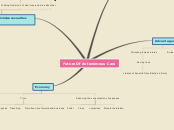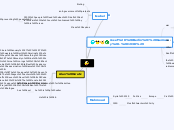Sang Won Chung
Yudi Atsumi
Paleothic
700,000BCE~8000BCE
Why it became a colony:
Telegraph line through America and Philippine
Military Base
World War 2
Pacific War against Japan
Part of War Plan Orange against Japan
Financial Support
Economic Pros
Stations of American Ships
1898~Present
Annexation
June 21st, 1898
Proto-
Coat of arms of Liberia
The sun replresents the birth of a nation
The plow and the shovel represent the dignity of labor and hard work
The ship symbolizes the ships which brought the freed slaves from the United States to Liberia
1821~1847
Independence July 26 1847
Why it was a colony?
For Slaves
Slave Shipping
Jeulmun
8000BCE~1500BCE
Positive Affect on Philippine
Improve Hygiene
Improve Economy
New Land Policy
At least 24 hectares of land allowed to be owned by Filipinos
free trade
More jobs and business
Population Increase
More workers
Better transportation and communication systems
Improve Education
Treaty of Paris
Sugar Industry
Cheap labor and cheap goods made and exported
Base in Asia
Cheap Manufacture
Cheap Products
Other Commodities
Cheap Labor
Tension Between Philippine and America
Philippine American War
1898~1946
Independence
July 4th, 1946
Mumun
1500BCE~300BCE
1898~ Present
Coat of Arms
Hawaiian Annexation
8/12/1898
Key People:
The First Governor
Sanford B. Dole
President William McKinley
Why did it become a colony?
Sugar Cane Plantation
Power/ Territory at Pacific Ocean
Military Territories/ Bases
Pearl Harbor
Rivalry with Spain/ Europe
Spanish American War
Concerned about Hawaii being part of Europe
Economic Advantage
Currently:
Tourism
Pre-History of Korea









